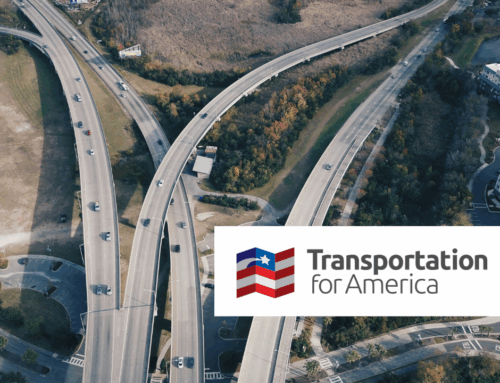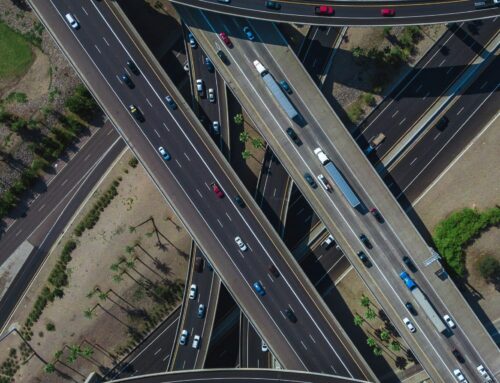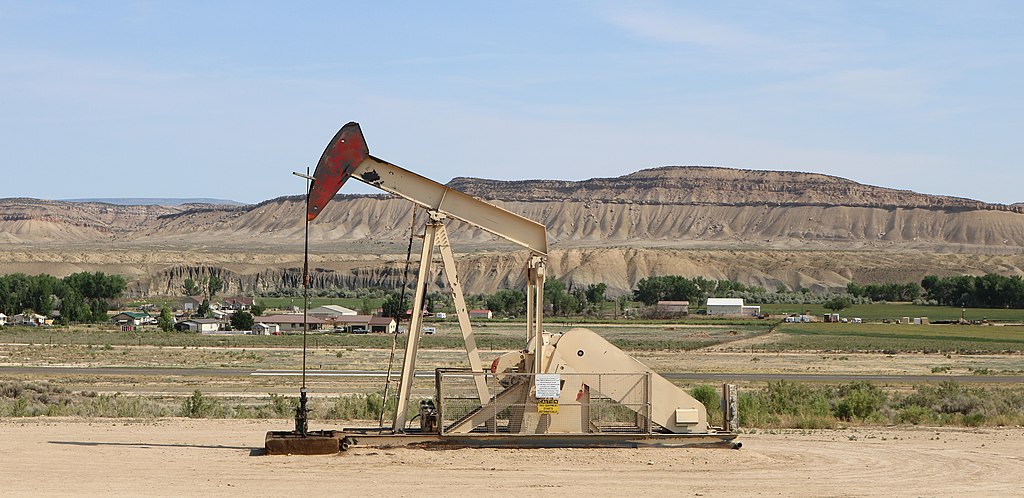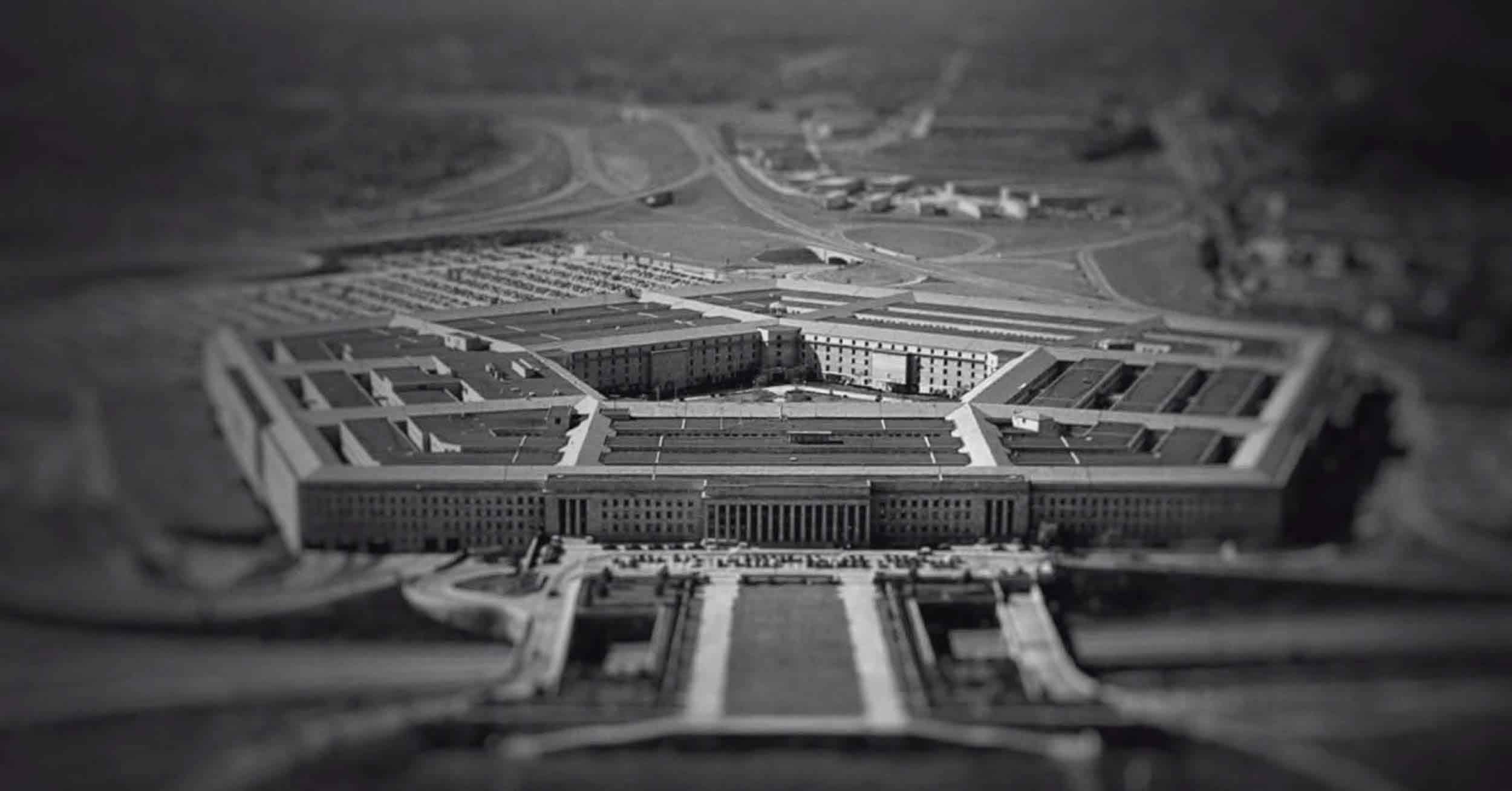View/Download this article in PDF format.
Congress continues to meet behind closed doors in a Conference Committee to hash out the details of a transportation bill reauthorization. Though there is no clear indication as to how things will end up, one thing is certain: neither the House nor the Senate have proposed a package of pay-fors that will satisfy anybody with even the most rudimentary understanding of finance or mathematics. The story remains a familiar one: Congress wants to spend more money than it has.
Paying for the reauthorization remains likely the largest of several large hurdles if Congress is going to complete a reauthorization. The existing bill was enacted in 2005 and expired on September 30, 2009; since then, Congress has extended the program nine times, and it appears likely another extension will be required to keep the program operating past its current June 30, 2012 expiration date.
This analysis focuses on the Senate proposal, since the bill the House brought to the Conference Committee does not contain a financing section. In addition, the pay-fors the House proposed – including several energy development proposals and cutting transit off from gas tax revenues – faced extremely long odds in the Senate anyway.
The transportation program is funded largely with revenue from the federal gasoline tax, which has been 18.4 cents per gallon since 1993. Since it hasn’t been indexed for inflation, the buying power of the tax has steadily eroded. In addition, today’s vehicles are more fuel efficient and the number of miles driven has been flat, both of which results in less gas tax revenue. As a result, there is less money available to fund the nation’s transportation requirements. Since the Highway Trust Fund was established in 1956, gas tax revenue was the lone source of transportation funding, until 2008, when revenue fell short of spending. Instead of reducing spending, Congress dipped into the nation’s general tax revenue and made three transfers to the HTF totaling $34.5 billion.
The shortfall in gas tax revenue persists. As a result, there is a gap between the amount of money flowing into the HTF and how much Congress wants to spend. The transportation bill proposed by the Senate outspends gas tax revenues by approximately $14 billion. The Senate Finance Committee proposal contains a number of provisions that would seek to close that gap.










